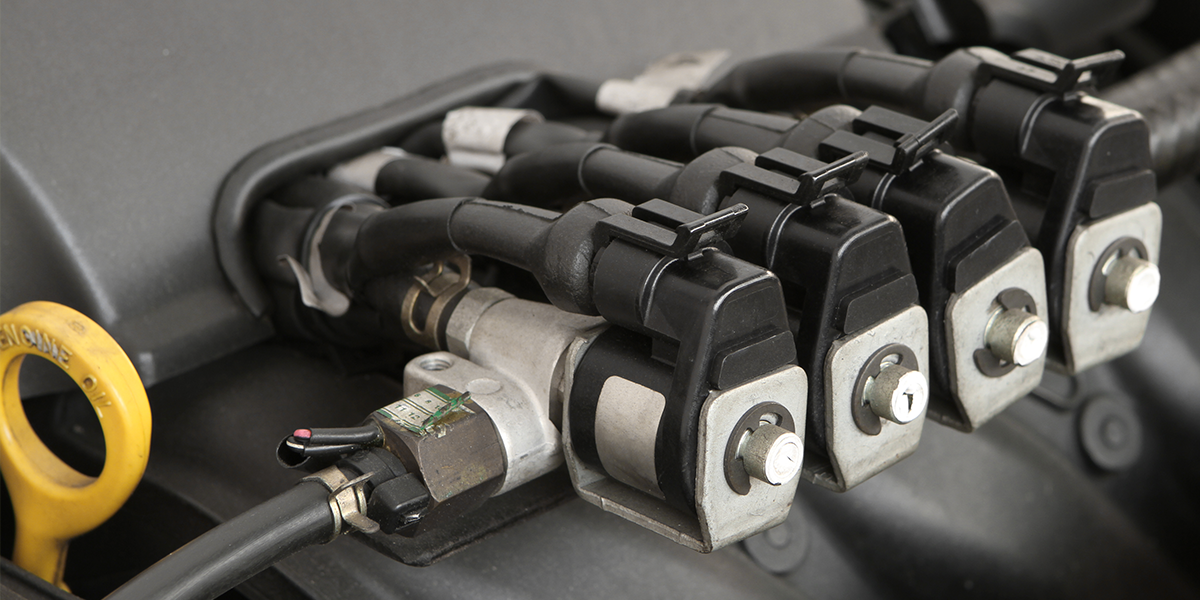
Dr Henry Ng, director of the Texas Center for Clean Engines, Emissions & Fuels (TxCEF), suggests that significantly more R&D in NG engines and emissions are needed to ensure that natural gas evolves into a globally sustainable combustion fuel.
The use of natural gas as a fuel to power marine, rail, mining, drilling, pressure pumping, and stationary power generation has been steadily growing for the last few years. Buoyed by the significant spread between conventional fuels such as diesel and natural gas in the form on CNG and LNG, a number of companies from several industrial sectors have already made the switch to natural gas, and many more are considering it. One of the key benefits of switching, other than the economic case, is that natural gas is cited as a “clean” burning fuel.
However, natural gas is made up mostly of methane, and methane, unburned, is around 70 times as potent a greenhouse gas as carbon dioxide. If this methane leaves the engine unburned, known as methane slip, this harmful gas is released into the atmosphere.
Methane slip is a serious problem, and it could undo a lot of the GHG reduction potential of natural gas. Global emission regulators, natural gas producers, natural gas engine manufactures and the public are all duly concerned.
“The methane slippage from both dual fuel (diesel/natural gas) and HPDI natural gas engines can be in the 10-20,000ppm range” said Dr Henry Ng. Compounding problems, depending on engine duty, is that “some current natural gas engines have shown to emit more NOx than conventional diesel engines operating under the same conditions.”
Dr Henry Ng adds, “Further improvements are still needed to improve the thermal efficiency of stoichiometric spark ignition natural gas engines, which are now lower than conventional gasoline spark ignition engine.”
Clearly, these deficiencies need to be addressed if the use of natural gas to power marine, rail, mining, drilling, pressure pumping, and stationary power generation is going to increase.
Natural gas engine technology has made some very significant improvements in the past decade. Engine performance, duel fuel capability and natural gas storage and delivery systems have all been enhanced, as have safety, ease of use and affordability. Natural gas engines also tend to produce much less particulate matter, a complex mixture of extremely small particles and liquid droplets which has been shown to be harmful for human health.
Source: FC Gas Intelligence
 EN
EN  it
it

